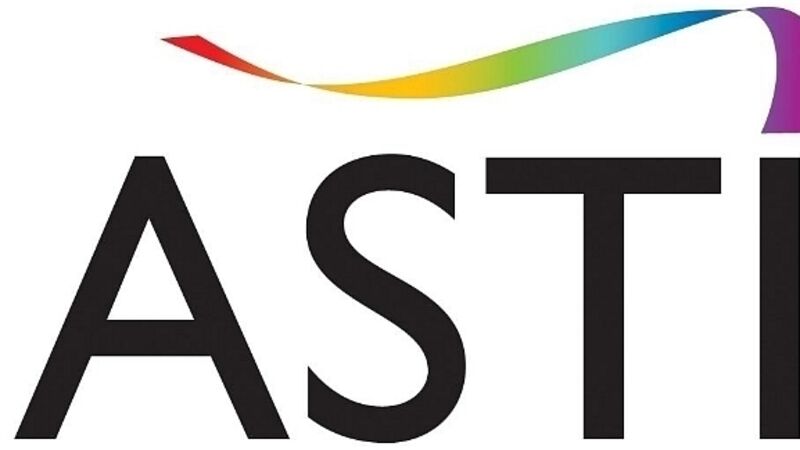Unions to ballot teachers on exam reforms

The decision was taken after talks designed to address teachers’ concerns around the delivery of the reforms ended without progress last Friday.
Both the Association of Secondary Teachers Ireland (ASTI) and the Teachers Union of Ireland (TUI) said the Department of Education had failed to provide concrete details of how schools are to deliver the proposed changes against a backdrop of five years of cutbacks in education.













